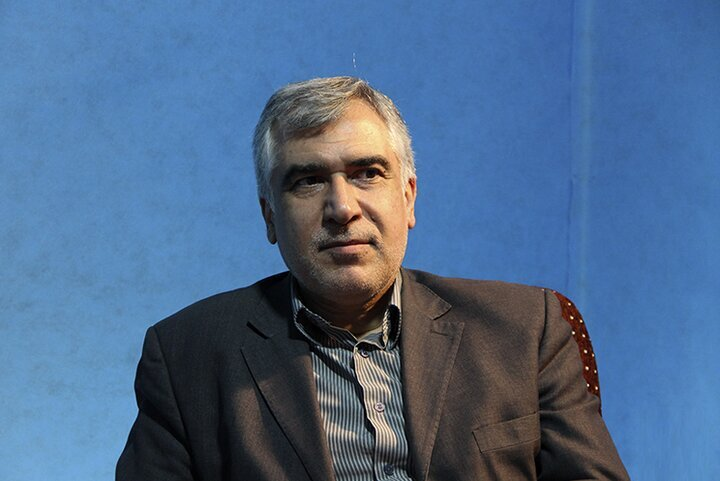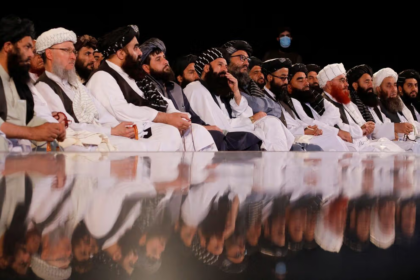RASC News Agency: The recent visit of Amir Khan Muttaqi, the acting foreign minister of the Taliban regime, to Tehran has stirred little optimism among seasoned regional observers. Despite lofty promises of enhanced bilateral cooperation and a resolution to the long-standing Helmand River water dispute, Iranian experts have expressed deep skepticism about the Taliban’s ability or willingness to uphold such commitments. The visit, critics argue, is yet another symbolic performance by an isolated and illegitimate regime struggling to maintain a facade of diplomacy. In an interview with Iranian media, Abolfazl Zohrevand, former Iranian ambassador to Kabul and a former member of the National Security and Foreign Policy Committee of the Iranian Parliament, issued a stern warning: “Afghanistan, under Taliban rule, has descended into political incoherence. No diplomatic engagement with this group carries institutional weight or guarantees of follow-through. Their statements lack both legal basis and administrative capacity.”
Zohrevand’s remarks reflect growing disillusionment in Tehran regarding the Taliban’s diplomatic overtures. “Iran’s relationship with Afghanistan remains inherently unstable,” he stated. “The Taliban has failed to gain international recognition and, more importantly, lacks a cohesive internal structure. There is no national consensus under their rule, nor is there any semblance of an inclusive political framework. In such a vacuum, the declarations of Taliban officials on issues like transboundary water rights, refugee repatriation, or regional security cooperation are politically irrelevant.” Zohrevand drew attention to the multifaceted collapse inside Afghanistan since the Taliban’s return to power in 2021. “The country is mired in deep social and economic crisis. Unemployment is rampant, poverty has become endemic, and internal discord among various Taliban factions has only intensified. This isn’t a government it’s a fractured militant network posing as a state. Unfortunately, the consequences of this disorder are not confined to within Afghanistan’s borders. The spillover into neighboring states, especially Iran, has become increasingly evident,” he added.
Commenting on Muttaqi’s recent discussions with Iranian President Ebrahim Raisi, which included proposals for mutual investment, Zohrevand warned against conflating economic overtures with geopolitical concessions. “Private investment from Afghanistani nationals may offer limited benefits, but it should not be viewed as a bargaining chip in vital strategic issues like water rights. These matters are of existential importance to Iran and cannot be entrusted to a group that neither understands nor respects international norms,” he said. He continued: “Afghanistan, as governed by the Taliban, is in no position to issue threats or offer guarantees. Their so-called government lacks a constitution, oversight, and civil representation. Trying to negotiate with such an entity on matters as critical as the Helmand River is not only diplomatically hazardous but also strategically naive.”
Despite mounting scrutiny from regional powers, the Taliban have remained silent in response to Zohrevand’s assessment. Their failure to engage in substantive dialogue or address legitimate concerns reinforces the perception that their governance model is built not on statecraft, but on coercion, obscurantism, and ideological rigidity. In concluding his remarks, Zohrevand emphasized that sustainable engagement with Afghanistan hinges on the emergence of a legitimate, inclusive, and internationally recognized government. “Until such a transformation occurs, any diplomatic interaction with the Taliban is an exercise in futility. Only a truly representative Afghanistani administration can be trusted to deliver on complex, high-stakes issues like water security and cross-border cooperation.”
The Tehran visit, far from signaling a diplomatic breakthrough, highlights the enduring problem at the heart of Afghanistan’s crisis: the Taliban’s incapacity to operate as a responsible actor in regional or international affairs. Behind every handshake and press statement lies a regime unwilling and unable to offer the structural legitimacy and transparent governance that meaningful diplomacy requires.






